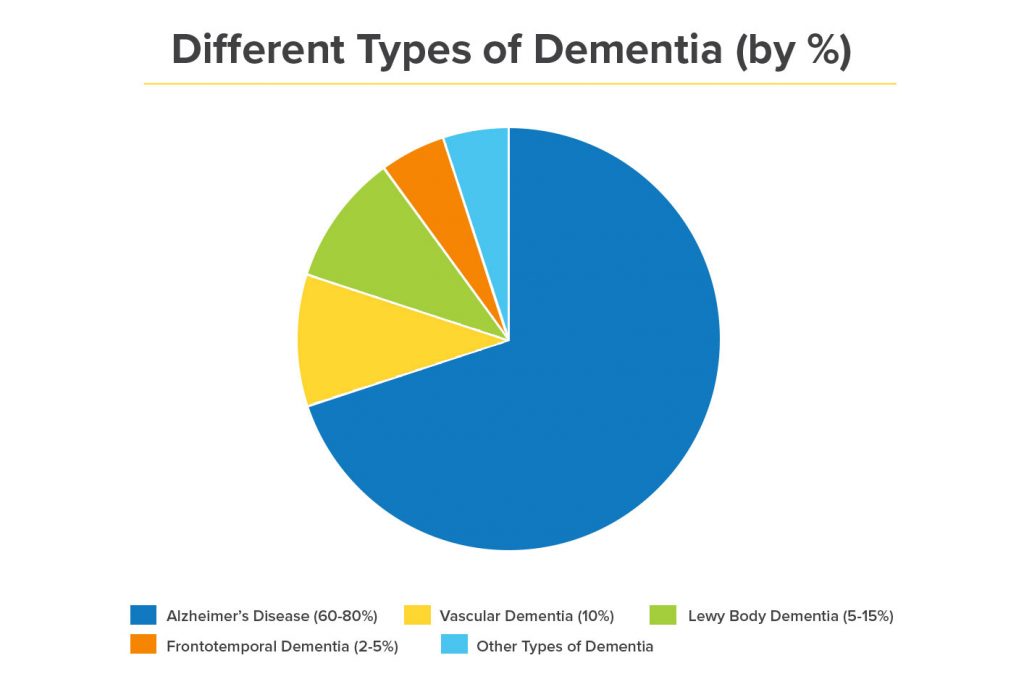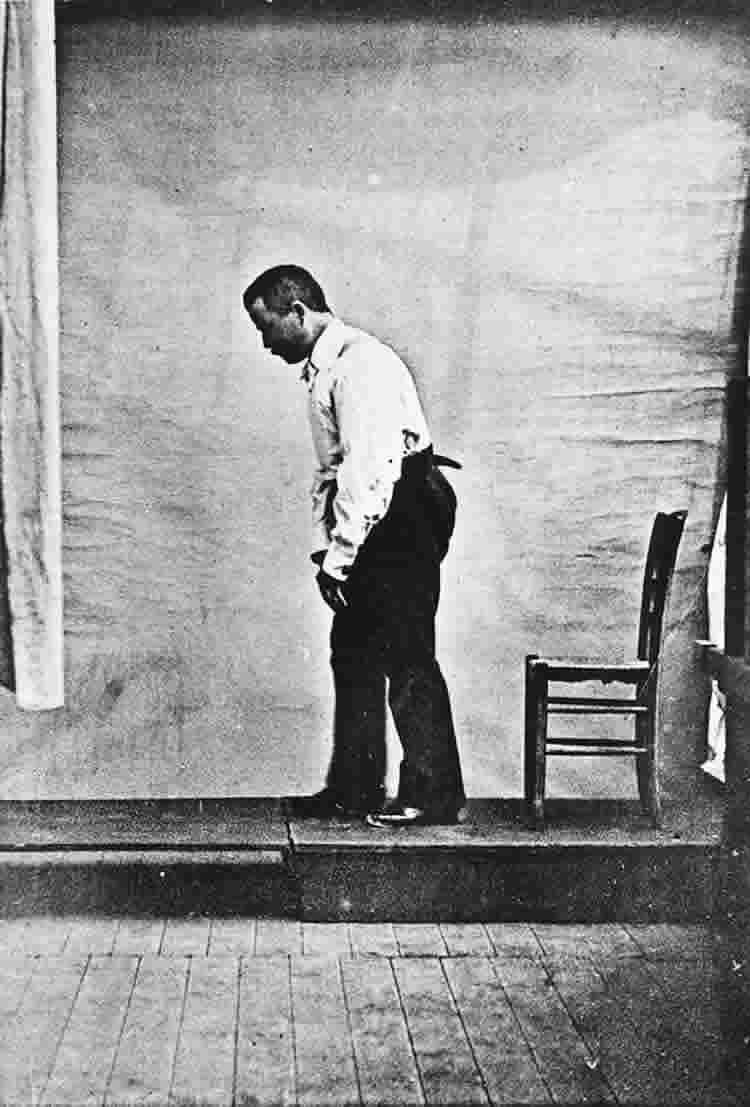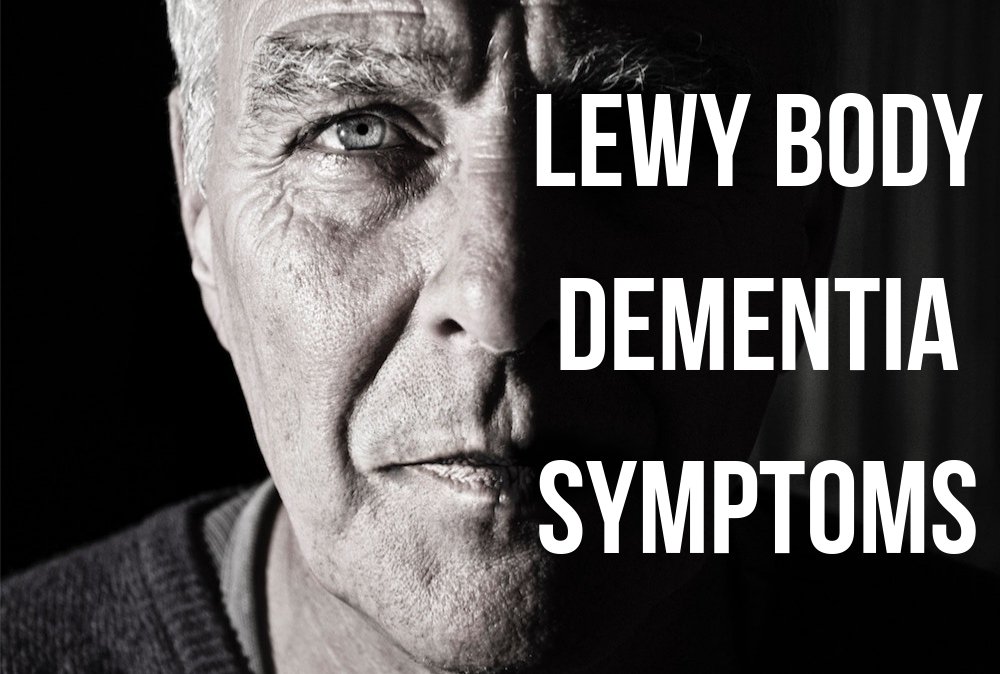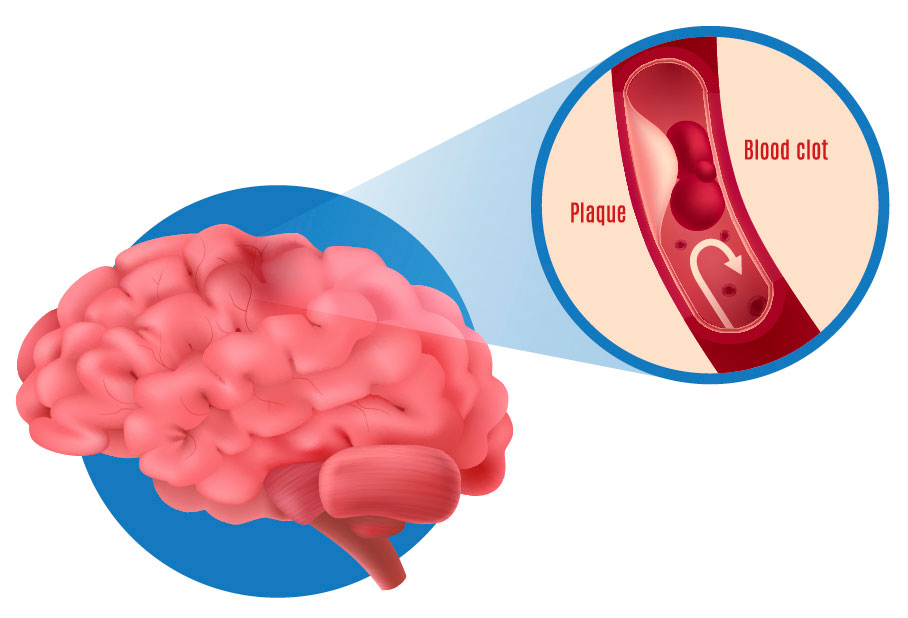Does Dementia Affect Posture

Getting stooped and slowing down often happen when people get older.
Does dementia affect posture. This form has two subtypes. They may gradually lose their ability to walk stand or get themselves up from the chair or bed. It is important to recognise and respond to the persons emotional needs.
Dementia inhibits the ability to walk Dementia can affect areas of the brain that are responsible for movement and balance. A person with Lewy Body dementia may resemble a person suffering from Parkinsons because of the effect the disease has on their ability to control their body and perceive their environment. Hunched posture in Dementia and Parkinsons Dementia with Lewy Bodies Dementia with Lewy bodies DLB is a type of progressive dementia that leads to a decline in thinking reasoning and independent function because of abnormal microscopic deposits that damage brain cells over time.
For instance a person may die from an infection like aspiration pneumonia which occurs as a result of swallowing difficulties or a person may die from a blood clot in the lung as a result of being immobile and bedbound. I suppose it can also happen with Alz by itself. In most people FTLD affects either the frontal or the temporal lobes of the brain.
Lewy body dementia is one of the most common causes of dementia. Why Dementia Affects Balance Memory problems and difficulty thinking are the side effects most commonly associated with Alzheimers disease and similar dementias but loss of balance is a scary issue that caregivers should be prepared for especially in later stages. Someone recently diagnosed with dementia is likely to experience a range of.
But the symptoms can be physical as well as mental. Answer Shuffling leaning patterns unsteady gait andor balance and decrease in coordination and physical strength are all fairly common symptoms of dementia often of the non-Alzheimers type. Dementia is likely to have a big physical impact on the person in the later stages of the condition.
Most people know Alzheimers disease affects the memory. Stiff movements a hunched over posture and shuffling can all be physical manifestations of cognitive degeneration. Many individuals affected by Alzheimers and other types of dementia gradually lose the ability to walk and perform everyday tasks.

But the symptoms can be physical as well as mental.
Does dementia affect posture. You may observe this as hesitant steps difficulty with visuospatial tasks such as going up and down stairs or challenges with balance. Dementia inhibits the ability to walk Dementia can affect areas of the brain that are responsible for movement and balance. Someone recently diagnosed with dementia is likely to experience a range of.
Many individuals affected by Alzheimers and other types of dementia gradually lose the ability to walk and perform everyday tasks. Semantic dementia which affects the ability to use and understand language. Its important to be.
Different types of dementia can affect gait and posture and as dementia progresses into the later stages the majority of the persons functioning declines. It can change the way you walk talk and how your body works. A person with Lewy Body dementia may resemble a person suffering from Parkinsons because of the effect the disease has on their ability to control their body and perceive their environment.
Stiff movements a hunched over posture and shuffling can all be physical manifestations of cognitive degeneration. Answer Shuffling leaning patterns unsteady gait andor balance and decrease in coordination and physical strength are all fairly common symptoms of dementia often of the non-Alzheimers type. They may also be more likely to fall.
I suppose it can also happen with Alz by itself. Why Dementia Affects Balance Memory problems and difficulty thinking are the side effects most commonly associated with Alzheimers disease and similar dementias but loss of balance is a scary issue that caregivers should be prepared for especially in later stages. A less common form of FTD affects movement causing symptoms similar to Parkinson disease or.
They may gradually lose their ability to walk stand or get themselves up from the chair or bed. Most people know Alzheimers disease affects the memory. Progressive nonfluent aphasia which affects the ability to speak.

A less common form of FTD affects movement causing symptoms similar to Parkinson disease or.
Does dementia affect posture. This form has two subtypes. May 22 2006 - The first signs of Alzheimers disease and other forms of dementia dementia among older people may be physical rather than mental new. Different types of dementia can affect gait and posture and as dementia progresses into the later stages the majority of the persons functioning declines.
Many individuals affected by Alzheimers and other types of dementia gradually lose the ability to walk and perform everyday tasks. Hunched posture in Dementia and Parkinsons Dementia with Lewy Bodies Dementia with Lewy bodies DLB is a type of progressive dementia that leads to a decline in thinking reasoning and independent function because of abnormal microscopic deposits that damage brain cells over time. A diagnosis of dementia can have a huge impact on a persons life.
They may also be more likely to fall. For instance a person may die from an infection like aspiration pneumonia which occurs as a result of swallowing difficulties or a person may die from a blood clot in the lung as a result of being immobile and bedbound. Someone recently diagnosed with dementia is likely to experience a range of.
They may gradually lose their ability to walk stand or get themselves up from the chair or bed. Dementia is likely to have a big physical impact on the person in the later stages of the condition. These deposits called Lewy bodies affect chemicals in the brain whose changes in turn can lead to problems with thinking movement behavior and mood.
In the end most people with late-stage dementia die of a medical complication related to their underlying dementia. In most people FTLD affects either the frontal or the temporal lobes of the brain. Lewy body dementia is one of the most common causes of dementia.
Stiff movements a hunched over posture and shuffling can all be physical manifestations of cognitive degeneration. You may observe this as hesitant steps difficulty with visuospatial tasks such as going up and down stairs or challenges with balance. Answer Shuffling leaning patterns unsteady gait andor balance and decrease in coordination and physical strength are all fairly common symptoms of dementia often of the non-Alzheimers type.









